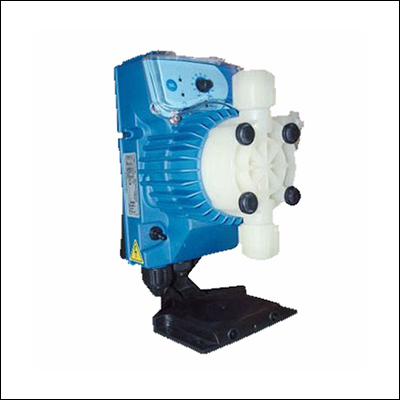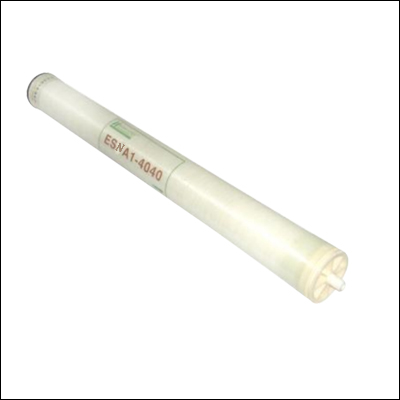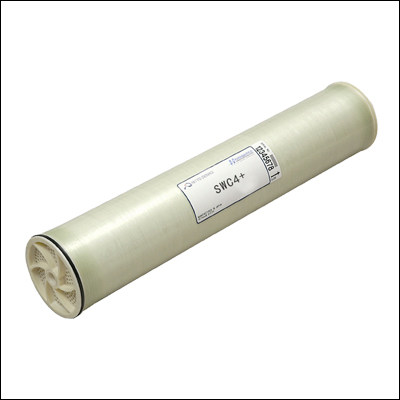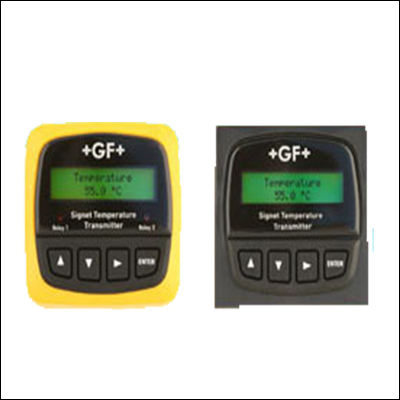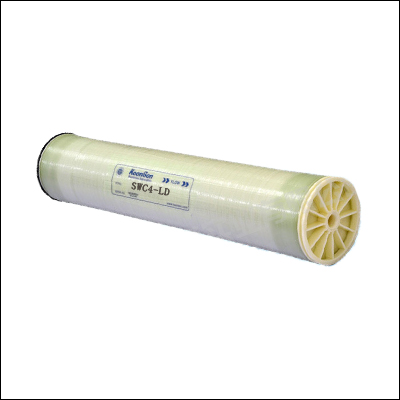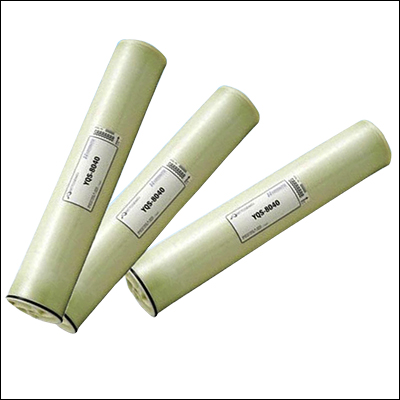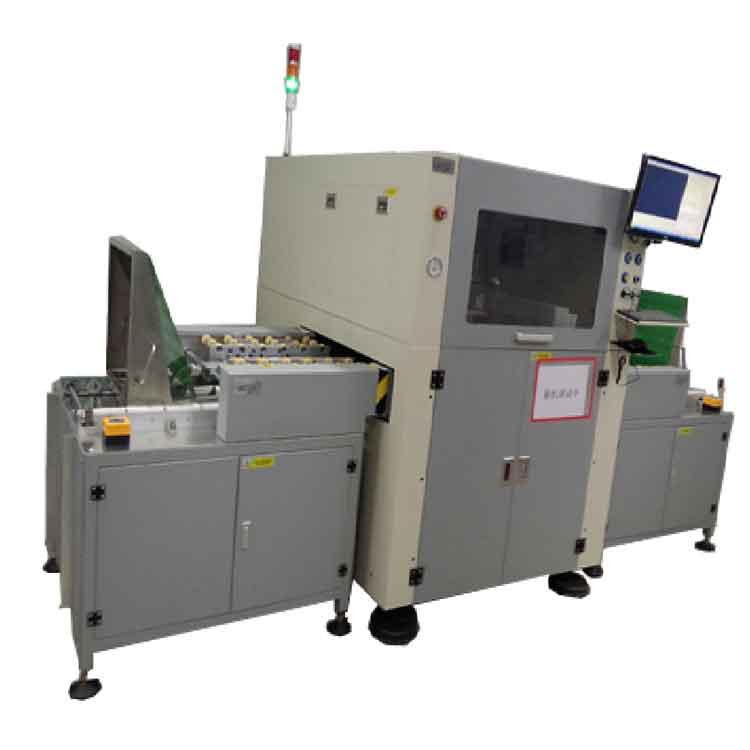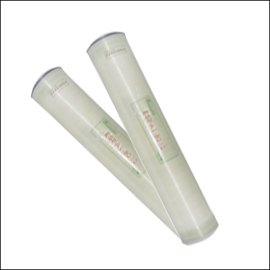- SMT labelling machines
- Multi-station labelling machines
- High precision labelling machines
- PCB labelling machines
- Pallet labelling machines
- Automatic labelling machines
- High-speed labelling machines
- Double-sided labeling machine
- Self-adhesive labeling machine
- FPC adhesive backing machine
- Mobile phone adhesive backing machine
- speaker sticker backing machine
- Automatic backing machine
- Automatic adhesive backing machine
- Search
Whole house soft water equipment
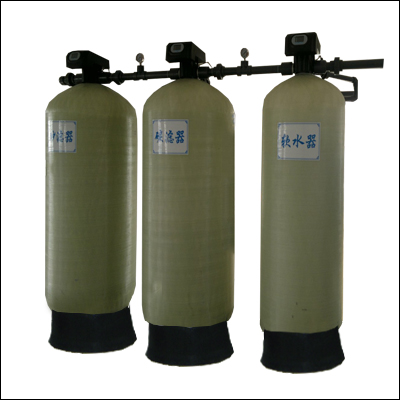
- Product:Whole house soft water equipment
- Catalogue:Adhesive backing machine
- Views:178247times
- Update:2019/9/18 15:58:45
- Call:133-6065-4218
Water softening equipment is an industrial ion exchange water softener in the process of operation and regeneration. It USES sodium type cation exchange resin to remove calcium and magnesium ions from water and reduce the hardness of raw water, so as to avoid the formation of carbonate scale in pipelines, vessels and boilers. It can save the cost of investment and guarantee the smooth production.
The operation cycle and the amount of salt can be selectively adjusted according to the hardness of raw water
Using imported softening resin, high exchange rate, low resin consumption, excellent water quality, low water consumption, only accounting for 2%-4% of the equipment's water yield
The specific consumption of recycled salt is 75-90 g/g equivalent, and the salt saving and water saving capacity is better than similar equipment
High hardness ≤30mmol/L primary softening residual hardness < 0.03mmol/L, strong applicability
Adopting the floating bed counter-current regeneration process, the water quality and yield are stable and continuous
Reasonable design of valve structure, than other automatic switch service life longer
1. Application field of water softening equipment
As a relatively simple water treatment process, water softening equipment has a wide range of applications:
Supply water treatment for low pressure boiler
Heat exchange, air conditioning, condensing system circulation, cooling water treatment
Treatment of drinking water
Other industries soft water treatment
Softening water equipment softening regeneration process
Running raw water at a certain pressure, flow, flow through the container containing ion exchange resin (softener). The exchangeable ion Na contained in the resin is exchanged with the cation in the water to make the content of calcium and magnesium in the effluent of the container meet our requirements
Backwashing process: resin expires, before to regenerate backwashing water from the bottom up, the purpose of the backwashing has two, one is through the backwashing, make run loose medium pressure tight resin layer, good contact with liquid resin particles and regeneration, 2 it is to remove the runtime accumulation of suspended matter in the surface layer of resin and resin on the surface of the suspended solids, and some broken resin particles can also be as the backwashing water. In this way, the flow resistance of the exchanger will not increase
Regeneration process: the regenerated liquid flows through the invalid resin layer at a certain concentration and flow rate to restore and regenerate the resin and restore its original exchange capacity
Replacement process: after the regeneration liquid is entered, there is still salt liquid in the expansion space of the exchanger and resin layer that has not participated in the regeneration exchange. In order to make full use of this part of salt liquid, clean water less than or equal to the velocity of regeneration liquid is used for cleaning, in order to avoid mixing the clean water with the regeneration liquid
Cleaning process: the purpose is to remove residual recycled waste liquid in the resin layer, usually at the normal operating speed until the effluent qualified
Salt tank water replenishment: the salt tank is injected with the water required by salt consumption for dissolution and regeneration. Usually a gallon of water dissolves three pounds of salt
Ii. Technical indicators:
1. Working pressure: 0.15-0.6mpa
2. Operating temperature: 5-50℃
3. Power supply: 220V, 50Hz
4. Power: ≤10W
5. Water yield: 100kg-80m3/h
6. Body material: high strength plastic or lead-free copper allo
7. aterial of tank: wound glass fiber steel
8. Control mode: time type and flow type
9. Hardness of effluent: ≤ 0.03mmol/L
10. Regeneration mode: downstream or upstream
11. Connection form: pipe thread /ABS flange
Iii. Application scope:
It is widely used in various industrial and civil water softening equipment, such as boiler water supply, heating and air conditioning system supplementary water, textile printing and dyeing, paper making, laundry, bath, food processing, high quality domestic water and other fields.
Iv. Job characteristics:
1. No power supply: eliminate electrical system failure, power failure and simplify installation, especially suitable for soft water treatment of oil-gas boilers with explosion-proof requirements;
2. Simple management: it does not require the user to have professional knowledge, and it truly belongs to "fool fully automatic"; All management is just adding salt regularly;
3. Continuous water discharge: the two-tank system has one service and one standby, which can provide continuous water discharge 24 hours a day;
4. Flow control: ensure economic and reliable operation;
Counter-current regeneration: counter-current process is adopted for regeneration and softening water is used for cleaning to achieve low salt consumption and high quality effluent.
6. Easy maintenance: very low failure rate.

